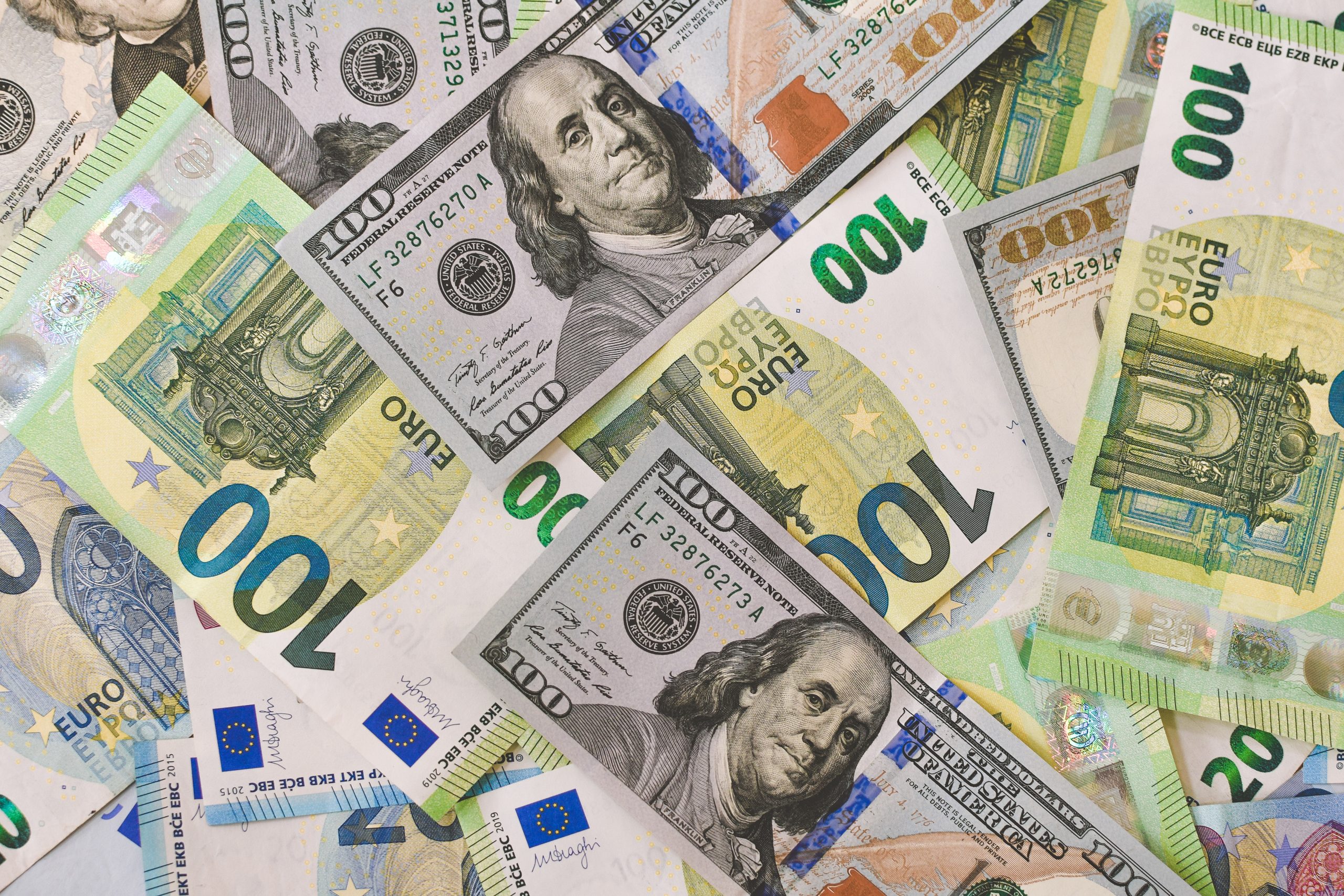For one week, the eyes of the world were turned to a tiny island nation in the Mediterranean. Cyprus, the third smallest economy in the Eurozone (the term used to refer to the 17 countries which use the Euro as their currency), was on the brink of default. Its economy was in shambles and it desperately needed assistance or face certain ruin.
Worries over the future of the country’s economy and what it would mean for neighboring countries caused panic in the small island nation. As leaders prepared to tax bank deposits in order to prevent a default, citizens panicked and caused a run on the banks. The banks closed for a week while Cypriot leaders held intense discussions with other Eurozone countries about possible solutions.
A solution has now been reached, involving a bailout package to Cyprus worth 10 billion euros ($13 billion U.S.). That gives Cyprus the distinction of being the fifth Eurozone country to require a bailout since 2010 (the others are Spain, Portugal, Greece, and Ireland.
The new deal will not be put to a vote in Cyprus.
Under the solution, the nation’s largest bank, Bank of Cyprus, would be restructured and the second largest bank in Cyprus, Laiki Bank, would close. Most of the accounts considered worth saving from Laiki would find a new home at the Bank of Cyprus.
Those who have deposited more than 100,000 euros ($130,000 U.S.) would take a hit in the form of losses while those with less than 100,000 euros would be guaranteed. There would be no so-called “deposit tax” on cash deposits inside the banks.
The bailout also called for a general reformation of the Cyprus banking sector. Germany, in particular, has labeled the banks as too big (sound familiar?) and has long called for Cyprus to re-examine the way its banks do business. Banks in Cyprus remained closed today as they have since last Monday. As a result, many businesses are only taking cash payments, a problem since the Bank of Cyprus has limited ATM withdrawals to 120 euros ($155.90 U.S.) per day.
The nation has not responded positively, amid concerns that the bailout is actually a formula for disaster. The chairman of the Cypriot parliament’s finance committee, Nicholas Papadopolous, has said:
We are heading for a deep recession, high unemployment. They wanted to send a message that the Cypriot economy ought to be destroyed, and they’ve succeeded in a large part – they’ve destroyed our banking sector.
Some posit that might have been the plan all along. There has been growing concern among many European countries that the economy in Cyprus was too heavily tied to Russian money. And not just any Russian money. Many have accused the island nation of acting as a haven for Russian mob money.
The focus on what was perceived as an attempt to weaken Russian control in the west was most heavily felt in Germany, where the headline in the nation’s top news magazine, Der Spiegel, today read “Zypern-Rettung: Moskau wirft Euro-Gruppe Diebstahl vor” or “Cyprus Rescue: Moscow accuses Euro Group of theft.” The article went on to note that the Russian government had compared the actions of European leaders to that of Adolf Hitler in taking money from the Jews, also considered “dirty” money. The article quoted (in German) Russian television as using Russian resources to destroy the country: “Die neue Weltordnung wird gegen Russland errichtet, auf Kosten Russlands und auf den Trümmern Russlands.” Loosely translated, that means, “The new world order is against Russia, built at the expense of Russia and on the rubble of Russia.”
What was Russia’s response to the crisis? After President Putin blasted Eurozone ministers for excluding the financial powerhouse in talks, Cyprus did reach out to Russia, asking for help. The country initially said no. Today, however, word out of Moscow is that Russia appears to have renewed talks to restructure a 2.5 billion euro ($3.2 billion U.S.) loan to Cyprus. It may be too little, too late.



